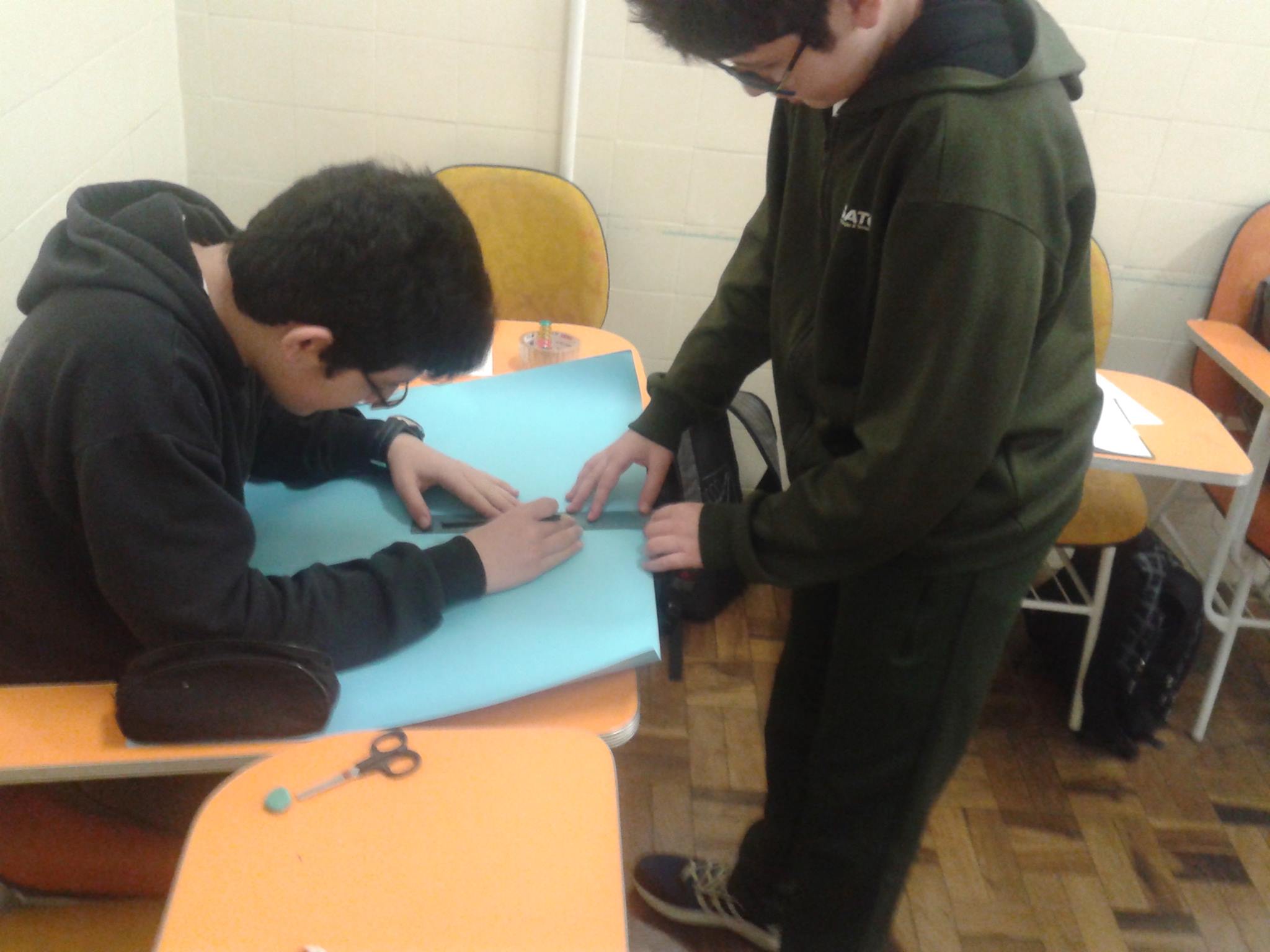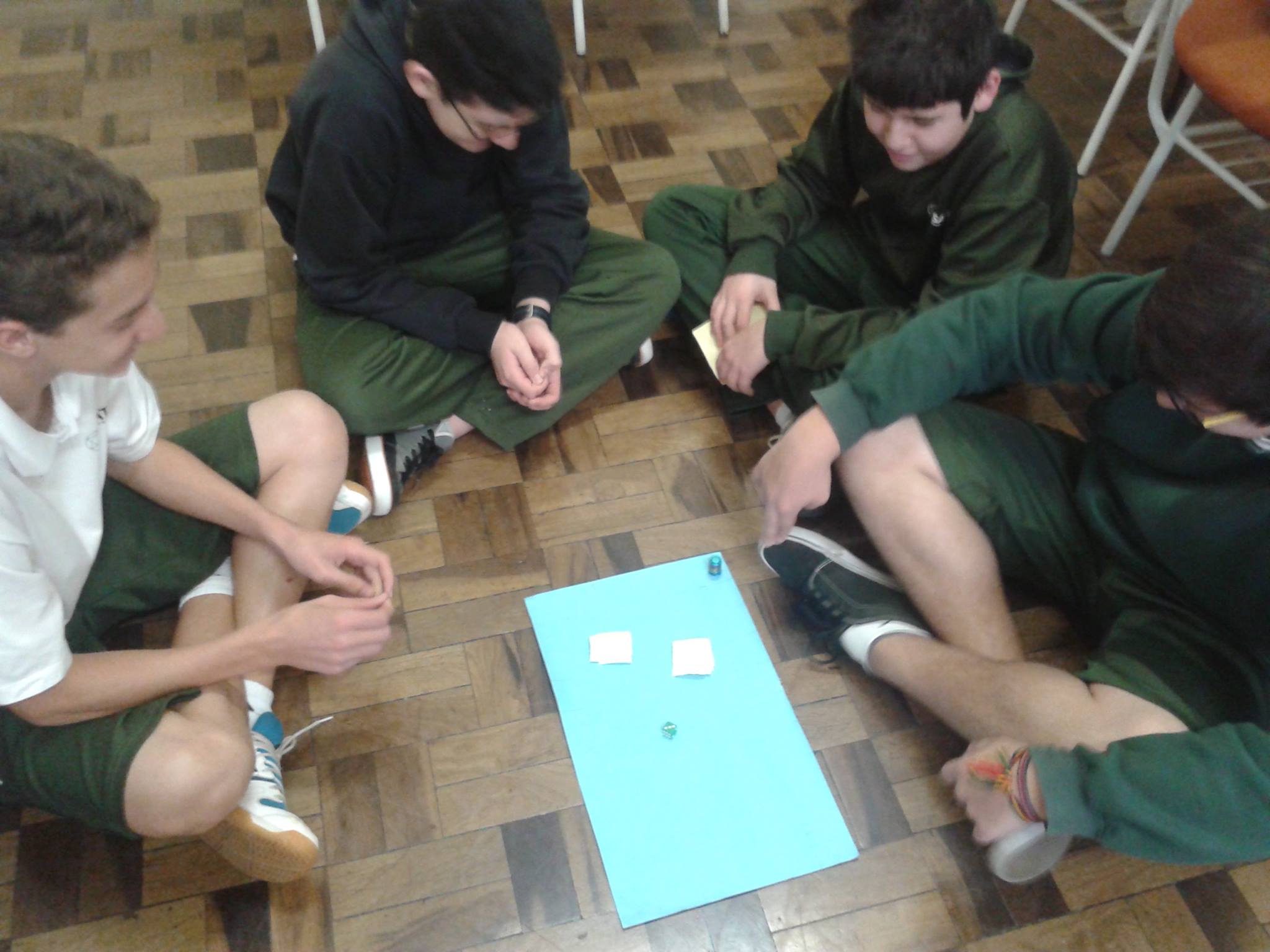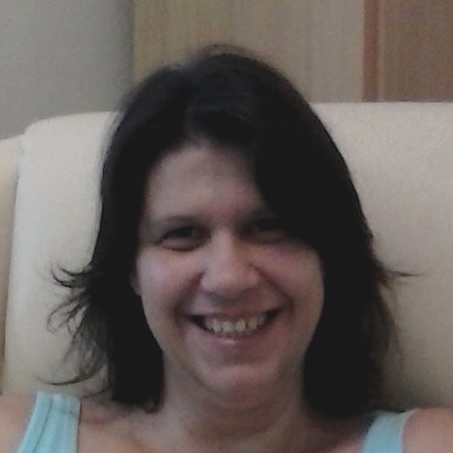 by Rose Bard
by Rose Bard
As a longlife learner, I realize that learning never ceases. This year was especially insightful as I am now finally able to make a better sense of the interactions that occur in my classroom. It might sound obvious that unless the people in the classroom are present in the moment, learning cannot take place. Yet in practice, more often than not that is exactly what we forget. Placing most of our attention on the content, we are so concerned with teaching that we might dismiss learning. Meanwhile, learning truly happens when we focus on the people in the room, instead of looking for methods and magical formulae that are supposed to make students comply to our way of teaching.
Nowadays teachers often rely on various online resources, but I feel that they lack the human touch and cannot provide learners with a way to connect to one another and the teacher. However, a classroom can do all that. A classroom, in which the teacher is not “the expert” but rather a more experienced learner. A classroom, in which everyone has something to offer. It’s also true that even such “ideal” classroom can become a boring place to be in, especially for teenagers struggling to connect with each other. It was through what teens like the most – games – that my students and I managed to connect this year.
Learners as creators, teacher as designer of learning experiences

In the end of the second bimester, I decided to propose a task that required my 9th grade students to design a game. I gave them an objective to test whether the players understood the story, and we discussed the concept of playability. Soon after they started working towards meeting the goal, I came across Jeffrey Kuhn’s work on designing board games for language learning (I wrote about my experience with it in detail on my blog here). After watching his presentation, I came into my class knowing more about game design and ready to learn from my students while mediating the process of game creation. It was then that I found on the website of Institute of Play the principle of iteration, which helped me shift the focus from content to experience. According to this principle, when we have an opportunity to experience something by trying it out many times and evaluating the experience in order to make changes, not only do we master the content but also think critically and look for alternatives and new strategies.
Playing any game can also be frustrating if the challenge is too much for the student and there is no real chance of achieving something. Well-designed experiences make sure that there is enough room for growth. Therefore, designing games helps us explore the competences and abilities that can be applied in other areas of our lives. When we develop a playful spirit, challenge becomes an array of possibilities rather than a problem that makes us to get stuck and give up. In my own class, I haven’t yet found a better way to promote playfulness if not by playing with students myself.
The idea of viewing students as creators complemented another aspect of my teaching, which is teaching by generating dialogue, discussing issues, and finding solutions together. The safe space of our lessons, in which learners were encouraged to collaborate and create together, empowered them in such a way that I didn’t have to deal with discipline or boredom. All I had to do was invite them to become creators of a game and mediate it whenever they needed help to move forward. As long as they understood the task, they were able to take ownership and invest in the task. Needless to say, they were also excited to see what others thought of their games, play games that their peers created, and give their own opinions.

I did not realise until this year how drawing from what learners are most familiar with, games, could be a great way to help me understand the new challenges we face as teachers. I now accept that games are an important teaching tool which should be explored in order to develop a community of learners. What made my teens become even more motivated to learn words they needed to understand stories was the fact that they got engaged with each other through the process of creating and playing games together. They have also realised that they must become more active, and that they can count on their peers as well as me to learn more. I hope that in 2016 you, too, might look at your learners as creators instead of just game players, see for yourself what they can do, and learn to have fun in class together.






